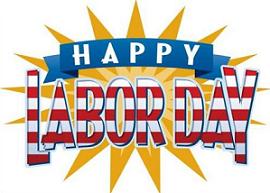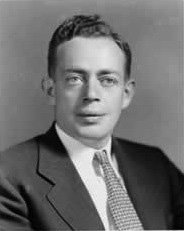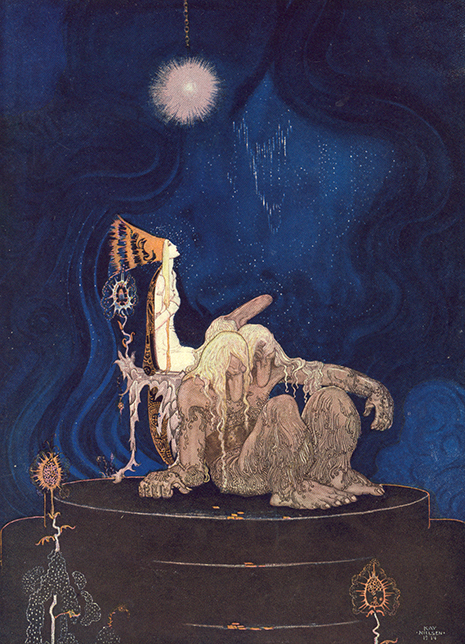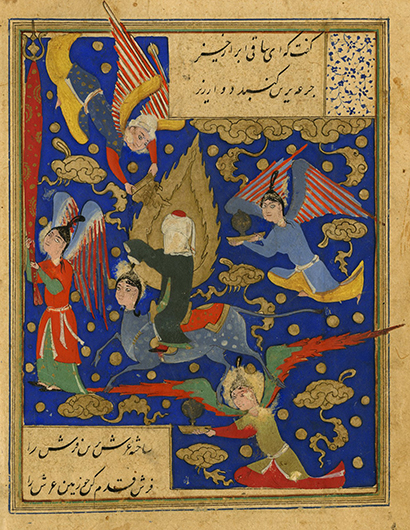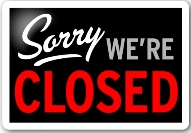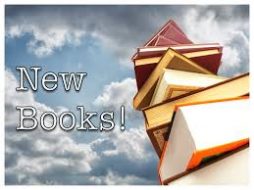The Nov. 14 lecture will celebrate UC faculty research, scholarship and creative output and foster the free and open exchange of ideas and discourse.
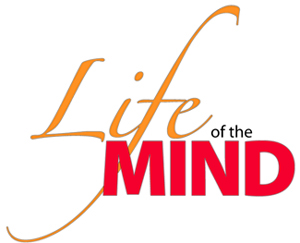 Life of the Mind, started in spring 2011, is an annual lecture series featuring interdisciplinary conversations with UC faculty from a variety of disciplines around a one-word theme. The fall lecture, scheduled for 3-5 p.m. Tuesday, Nov. 14 will focus on the theme of “truth.”
Life of the Mind, started in spring 2011, is an annual lecture series featuring interdisciplinary conversations with UC faculty from a variety of disciplines around a one-word theme. The fall lecture, scheduled for 3-5 p.m. Tuesday, Nov. 14 will focus on the theme of “truth.”
Life of the Mind lectures feature one faculty member presenting his or her work and expertise in concert with the prescribed theme. The presentation is not simply be a recitation of the presenter’s work but promotes a point of view. A panel of three responds to and discusses the lecture from diverse perspectives, and a moderator encourages audience engagement.
The Life of the Mind Steering Committee seeks nominations for the featured UC faculty presenter. Each featured UC faculty presenter possesses:
- Accomplished UC faculty member with national/international reputation.
- Proven record of scholarship or creative works.
- Recognized as an expert in their field of study, research or creation of works.
- Experienced at presenting their work to an audience outside the classroom.
- Excellent and engaging speaker able to relate to a non-specialist audience.
- Provocative topic of study/research/creative work.

